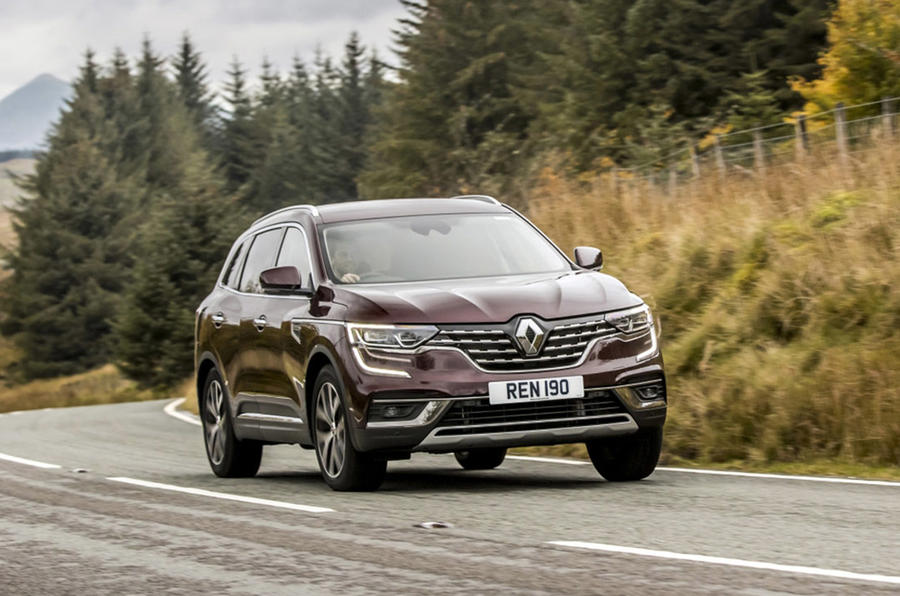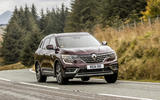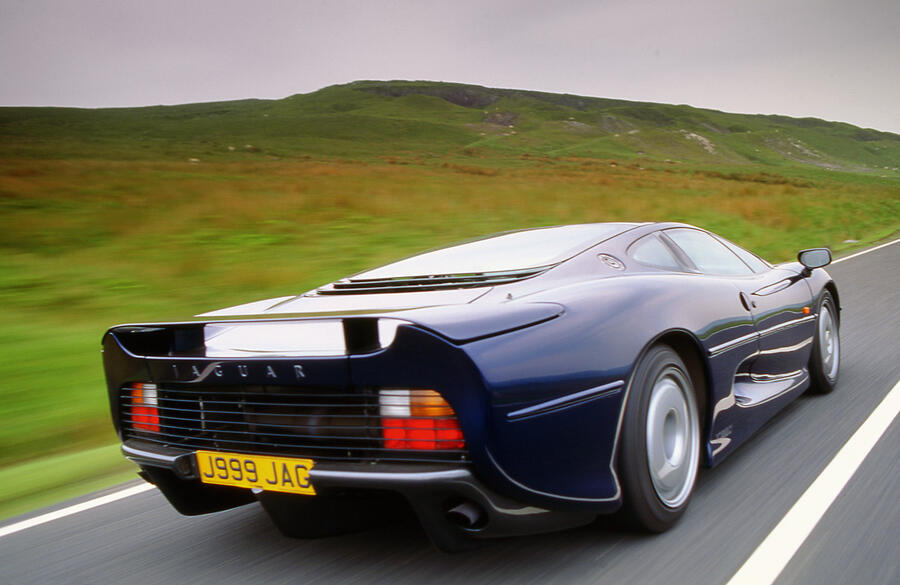Some manufacturers struggle to sell big cars. We all know this. Even as an expensive Citroën saloon like the C6 is launched, and even while Citroën admits it’ll sell in the “hundreds, not thousands”, we’ll all smile and nod. And surely be aware that catastrophic depreciation is just around the corner and that, in 20 years, we’ll silently admit, the only people buying them will be bearded club members and motoring writers.
For C6, see also Renaults various: Avantime, Vel Satis, Safrane, Laguna. In the UK, we spared the Talisman the same fate. Remember the Peugeot 605? There’s a reason Lancia makes nothing bigger than the Ypsilon and Fiat nothing larger than the Fiat Tipo.
The rufty-tufty SUV was meant to change this. A big French saloon not quite for you? Have you considered a Peugeot 5008 or a DS 7 Crossback instead? Some have been successful.
But that is not, alas, a fate reserved for the Renault Koleos. Just three years after Autocar’s road testers received an ear-bashing from Renault execs about our verdict, the UK car-buying public has spoken and decided the Koleos is not for them. The Koleos is being withdrawn from the UK after selling fewer than 1000 units in 2019.
Which might give some executives sleepless nights. French and Italian car makers know fairly well which way the wind is blowing on big family saloons, but not SUVs. These boundary-crossing, imageconfounding creations were, still are, the European car industry’s beacon of profitability.
And the SUV, crossover, 4x4, whatever is the acceptable face of big cars from countries where they drink more wine than beer. Drink beer – Germany, Britain, maybe Sweden – and you can sell big saloon and estate cars with no image difficulty at all. Be a wine country and, well, I really don’t know why, but the car-buying public prefers it if you make little cars. The Renault Clio. The Fiat 500.
The problem with this is that a small car costs just as much as a big car to develop, just as much to equip its factory, and almost as much to make each individual one. And then just as much to ship it and prep it and sell it, but the selling bit has to be at a far lower price, so it is critically less profitable. I don’t yet know how this particular – still perennial – issue gets solved.













Join the debate
Add your comment
I appreciate the response
Further thoughts turn to Alfa Romeo and their assault on "the establishment" with a stonking RWD vehicle that then leads to a fight with the RWD brigade which then gets the kudos, prior to that they were not getting anywhere with the FWD cars they made. I'm not certain that Volvo survived the transition from RWD to FWD however they did have a reputation for building "bank vaults" which dovetails into SUVs very nicely and driver satisfaction was not a top priority even more so. Saab is just an engineering tragedy from my perspective, they should never have went "bust". The Toyota/Lexus LS400 is like shooting fish in a barrel so no explanation required there. "Premium" means doing something because it is better or more difficult and then you charge the end user, economy means you make whatever down to a price and the customer has to recognize that "things are not the best that they could be".
alarming
I went to a meeting to try to sell these, I was just along for the visit.
As we pulled into the customers car park the alarm started going off, still moving. So we parked up, where it continued to go off.
Later in the meeting, we could hear it go off again, and again.
Then as we were driving out, waving at the potential customer, it was still going off.
They also had a funny quirk of putting the traction control on before firing up the rear axle, meaning it could get stuck very easily!
Britain? What?
Excuse me Mr. Prior, I didn't quite understand the (slightly) stupid comment on wine and beer. However, I am still thinking about the big saloons and estates sold in great numbers by British manufacturers.
I don't think Jaguar sells many more saloons than Alfa (with the Giulia being a better car).